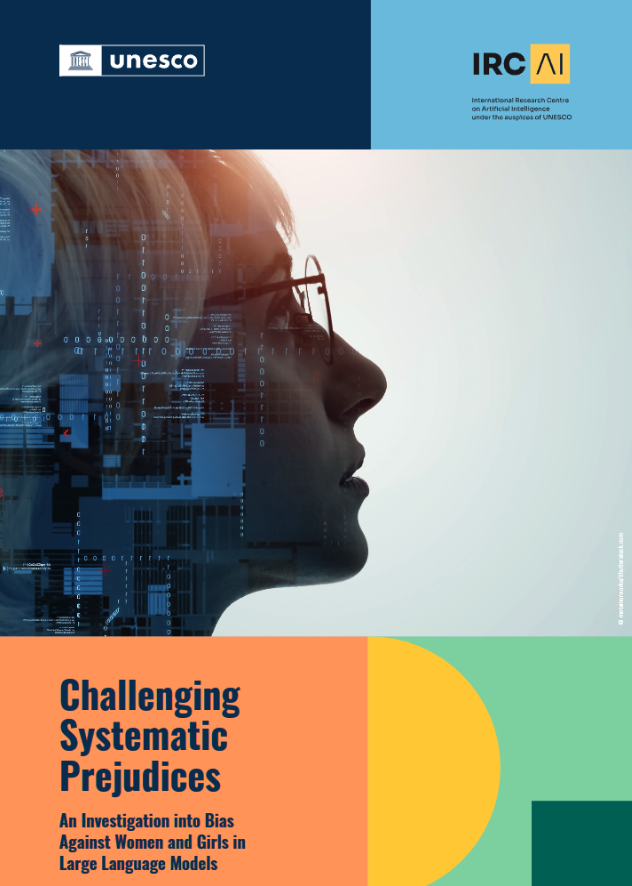UNESCO, United Nations Educational, Scientific and Cultural Organization 7 released a study saying thatLarge Language ModelThere is a tendency towards gender bias, racial stereotyping, etc. The report notes that women are described in the larger model as doing housework four times more often than men, and are often associated with words such as "home," "family," and "children," whereas men's names are associated with words such as "business," "management," "salary," and "occupation," and men's names are associated with words such as "business," "management," "salary," and "occupation. Men's names were associated with words such as "business", "management", "salary", and "occupation", while men's names were associated with words such as "business", "management", "salary", and "occupation". The male names are associated with words such as "business", "management", "salary" and "career".

UNESCO launched a study on "Bias against women and girls in large language models" to analyze "stereotypes" in large language models. Part of the study is to measure the diversity of AI-generated text across different genders and cultures, including OpenAI's GPT-3.5, GPT-2, and META's Llama 2.
For example, researchers will ask the platform to "write a story" for each person.Open source big language models in particular tend to assign more diverse, higher-status jobs such as engineers, teachers, and doctors to men, while often linking women to roles that are traditionally undervalued or socially stigmatized.
UNESCO Director-General Azoulay said, "More and more people are using big language models in their work, study, and life, and these new AI tools have the power to change perceptions without even realizing it. As a result, even extremely small gender biases in generated content can significantly exacerbate real-world inequalities."
UNESCO calls forGovernments develop and implement clear regulatory frameworks, and private companies undertake ongoing monitoring and assessment of systemic biasesIn addition, it will implement the Recommendation on the Ethics of Artificial Intelligence adopted unanimously by the Member States of UNESCO in November 2021, which calls for the establishment of an international network of organizations to support the implementation of the Recommendation.